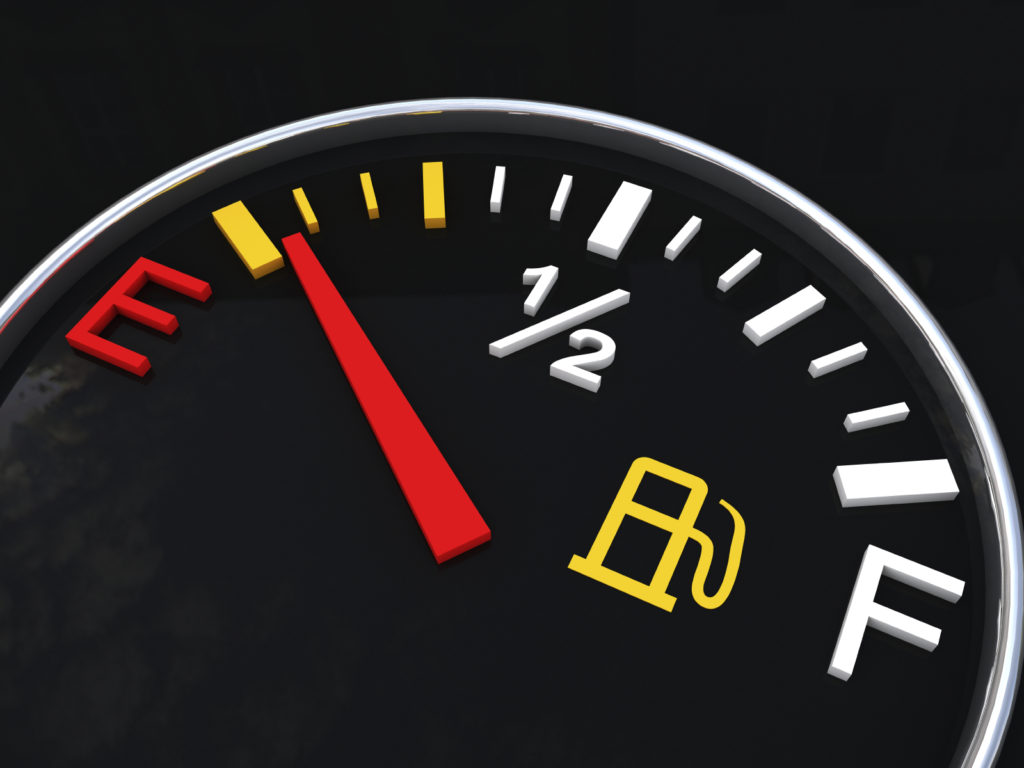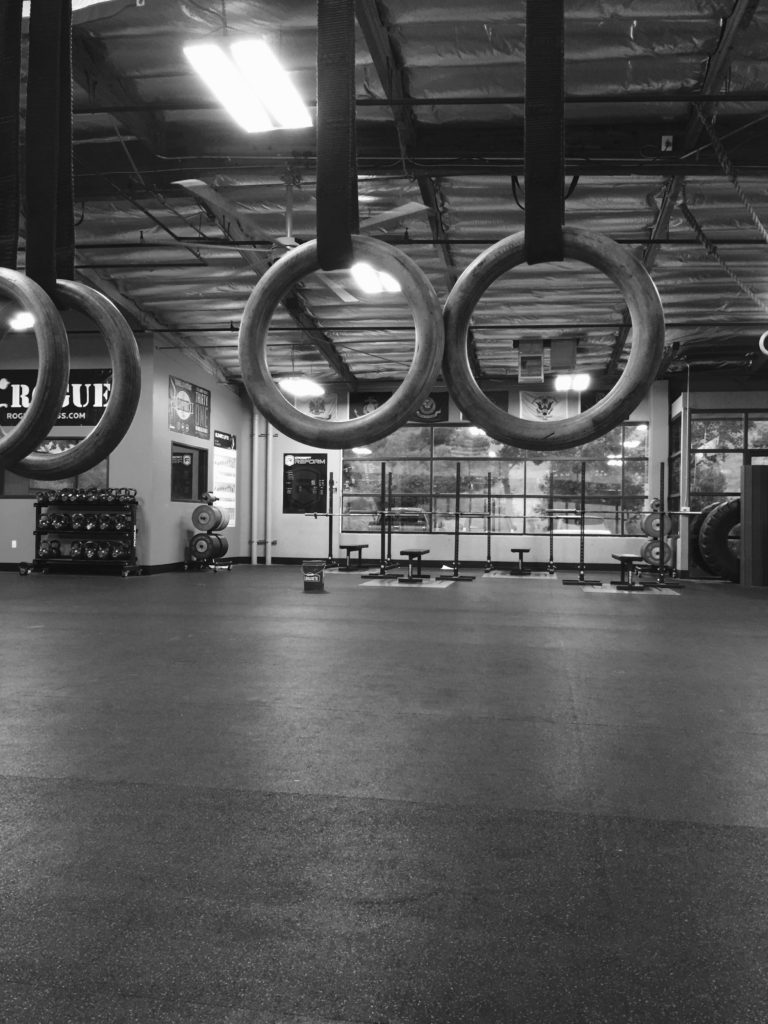When I started driving at age 16, I bought a little Toyota Tercel. It was old at the time. It was a little beat up, and if you wanted to make it up a big hill you had to turn the A/C off. But I didn’t care. I was proud of that thing.
I remember one day pulling in to a gas station to get a drink. I had half of a tank of gas left, but figured that since I was there, I might as well fill up. I noticed it took longer than normal to fill up. Thinking it was just a slow pump, I went on. A couple of weeks later, I was still at 3/4 of a tank but decided to fill up again. It took a long time again.
As I pulled out, the gauge jumped from full to empty to full. I pulled over to the side of the road.
I didn’t know what was going on, and I was just praying I would make it home. As I looked down at the gas gauge again, it was full. Completely.
And I was confused. Completely.
The next day, I was on empty again. But before I could pull in to the station, the needle had gone back to full.
What was happening was the mechanism that controlled the needle telling me how much gas I had in the tank was broken. So on a 10 minute drive across town, I would go from full to empty a dozen times. It was maddening. And anxiety-producing.
When I thought I was full of gas, I’d been running on empty.
Are you running on fumes?
It’s entirely possible that you’re running on fumes but you don’t know it. It’s possible you could be out of fuel but think you’ve got a full tank. Cruising around town, you’re about to have to call a tow truck.
If you’re a leader, you’re in an even greater danger of not just taking yourself out of service, but taking others with you.
God has given us some gauges to help us know whether our spiritual tanks are full or not.
Sometimes they are broken (though more often than not, the problem is that we choose to ignore the warning signs). I’ve found that some of the best gauges are actually questions you can ask yourself.
5 ways to know you’re running on empty
1. How’s your family?
Start with this question. Because your family (or those closest to you) know you often better than you know yourself. And they’re a great indicator for you. If they’re worn out, but you don’t feel that way, your gauge might be broken. You may be physically, emotionally, and spiritually running them ragged. Check that gauge.
Our hearts deceive ourselves, and we need others to help us see what we’re blind to. Those that know us best can help. Have you ever asked them?
2. Are you growing more anxious?
The Bible says to be anxious about nothing, (Philippians 4:6-7) which is easier said than done. We can easily find ourselves anxious about everything. Finances, job security, spiritual growth, physical health, parenting issues, retirement, and tomorrow’s to-do list keep you up all night.
If you’re growing anxious, you’re running on empty.
3. Are you growing less patient?
Patience is a sign of peace. And peace is a sign of rest. And rest is a product of intentionally sabbathing.
Better a patient person than a warrior,
one with self-control than one who takes a city. – Proverbs 16:32
If you find yourself with a short fuse, with patience constantly out of reach, you’re closer to *empty* than you think.
And I don’t just mean “are you sleeping enough,” though that may be part of it.
Are you working so hard you need the rest? And resting so well you need the work?
5. Are you feeling less fulfilled?
Fulfillment comes from doing what God created you to do. That’s based on your spiritual gifts, your heart, your abilities, your personality and experiences (HN: Class 301 at Saddleback). So your interpreting a lack of fulfillment isn’t your job’s fault. Or your marriage’s. Or your local church’s. Or your home’s. It’s a by-product of a heart that’s searching for fulfillment in the wrong places. Here’s where life’s found:
And this is what God has testified: He has given us eternal life, and this life is in his Son. Whoever has the Son has life; whoever does not have God’s Son does not have life. – The Apostle John, 1 John 5:11-12
A lack of fulfillment should signal to you that your gauge should be on empty. Time to fill up.
Have you been running on empty and didn’t even know it?





